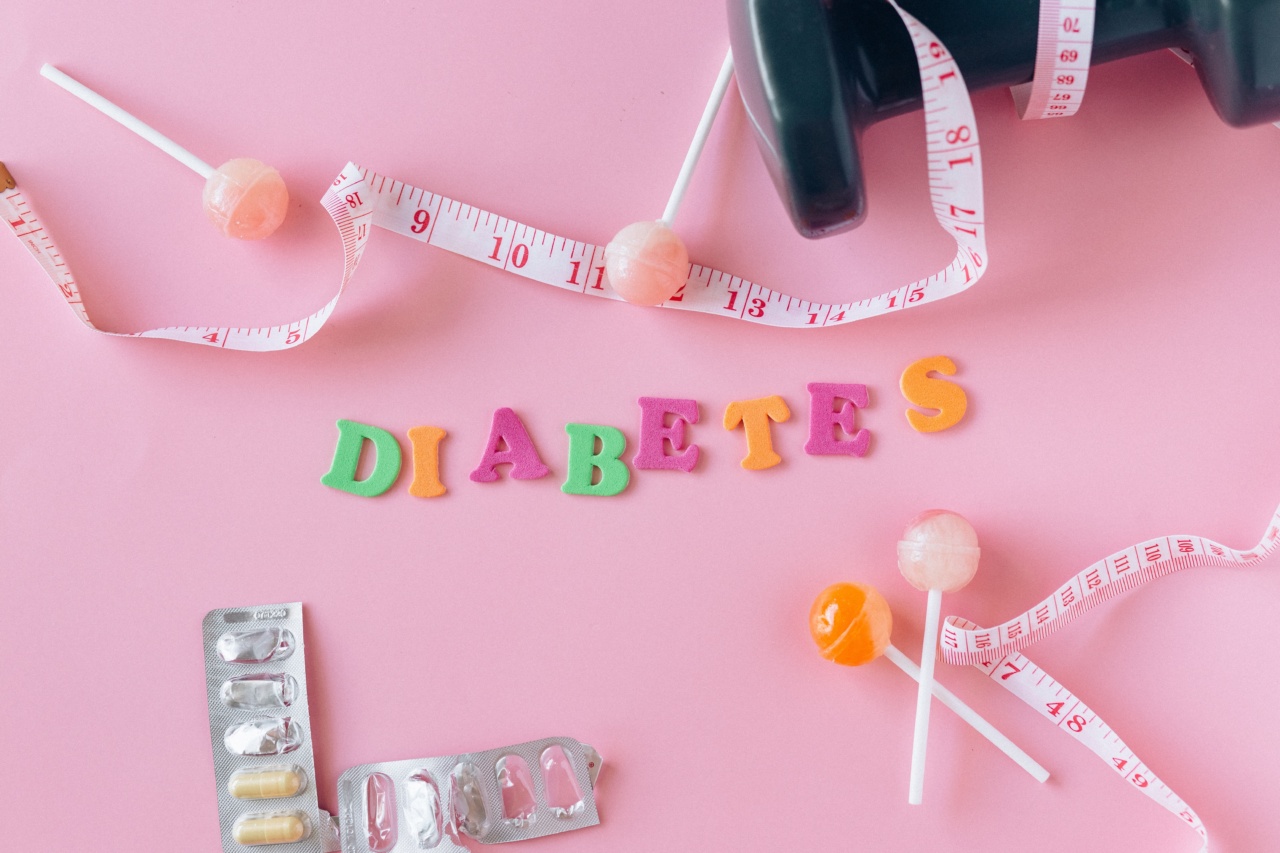Hearing loss is becoming an increasing concern for many people, especially as they get older.
While hearing loss can be caused by a variety of factors, including genetics, exposure to loud noises, and certain medications, there are some things you can do to help prevent or slow down hearing loss.
One key factor in preventing hearing loss is taking care of your diet. There are certain foods that can help improve your hearing health and protect your ears from damage.
In this article, we’ll take a look at some of the best foods for hearing health and discuss how they can benefit your ears.
The Importance of a Healthy Diet for Hearing Health
The foods you eat can play a big role in your overall health, including your hearing health. Eating a healthy and balanced diet can help protect your ears from damage and keep them functioning properly.
There are several key nutrients that are important for hearing health, including vitamins A, C and E, omega-3 fatty acids, zinc and magnesium. These nutrients can help protect your ears from damage and may even help improve your hearing function.
By incorporating foods that are rich in these key nutrients into your diet, you can help prevent hearing loss and protect your hearing health.
Foods that Protect Against Hearing Loss
Here are some of the best foods to include in your diet to help prevent hearing loss:.
1. Leafy Greens
Leafy greens such as spinach and kale are packed with nutrients that are important for hearing health. These greens are rich in folate, a nutrient that has been linked to a lower risk of hearing loss.
They also contain vitamins C and E, which help protect your ears from damage.
2. Fish
Fish is a great source of omega-3 fatty acids, which are essential for hearing health. Omega-3 fatty acids play a key role in cell function and can help protect the delicate hair cells in your inner ear from damage.
Some of the best fish sources of omega-3 fatty acids include salmon, tuna, and sardines.
3. Nuts and Seeds
Nuts and seeds such as almonds, walnuts, and pumpkin seeds are great sources of magnesium – a mineral that has been linked to a lower risk of hearing loss.
Magnesium is important for the function of the hair cells in your inner ear, which are crucial for hearing. These foods are also rich in zinc, another mineral that is important for hearing health.
4. Berries
Berries such as blueberries, strawberries, and raspberries are packed with antioxidants, which help protect your ears from damage caused by free radicals.
These fruits are also rich in vitamin C, which can help improve blood flow to the ears and protect against noise-induced hearing loss.
5. Garlic
Garlic contains a compound called allicin, which has been shown to have antioxidant and anti-inflammatory properties that can help protect your ears from damage.
Garlic has also been shown to improve blood circulation, which can help improve hearing function.
Foods to Avoid to Help Prevent Hearing Loss
While there are certain foods that can help protect your hearing health, there are also some foods that you should avoid or limit to help prevent hearing loss.
1. Processed Foods and Sugars
Processed foods and those high in sugar can lead to inflammation and oxidative stress, which can damage your hearing over time. Try to limit your intake of processed foods, sugary drinks, and sweets.
2. Salt
Consuming high amounts of salt can lead to an increase in blood pressure, which can cause damage to the delicate hair cells in your inner ear. Try to limit your intake of salty foods and opt for low-sodium options.
3. Saturated and Trans Fats
Foods high in saturated and trans fats can increase your risk of heart disease, which can have negative effects on your hearing health. Try to limit your intake of foods high in saturated and trans fats, such as fried foods and baked goods.
Conclusion
Eating a healthy and balanced diet can play a significant role in protecting your hearing health.
By incorporating foods that are rich in vitamins A, C, and E, omega-3 fatty acids, zinc, and magnesium, you can help prevent hearing loss and protect your ears from damage. It’s also important to avoid or limit foods that can harm your hearing, such as processed foods, sugars, salt, and saturated and trans fats. By making these simple dietary changes, you can help protect your hearing for years to come.




























